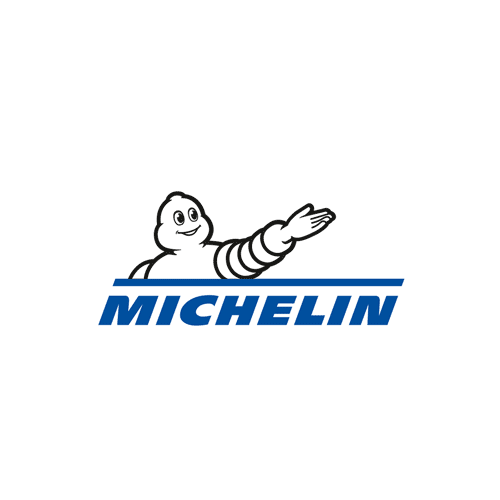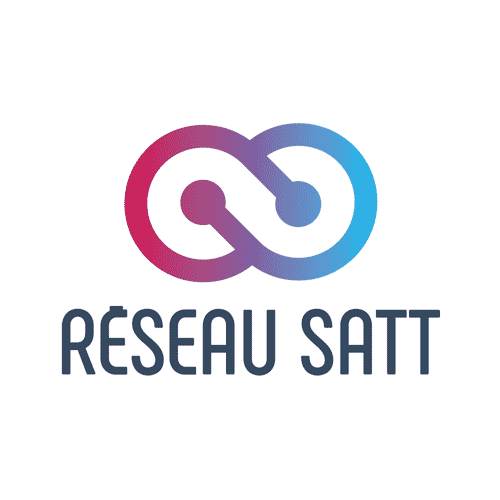
Low tech

Innovate with fewer resources and provide a useful solution accessible to all
Our specialized team supports companies in their low tech projects, both strategically (redesign of a production process, development of a low tech sector, …) and operationally (market research, technology scouting, search for partners, development of a service offering, …).
The challenges related to low tech
Low tech doesn’t mean no tech, it means finding the right level of technology for responding to the needs of the end user.
A low tech strategy also fosters innovation, as it requires that innovation doesn’t purely rely on technological solutions. The result is that innovation can be emphasized in other ways, such as through social, organizational, institutional, and civic means. This calls into question several key issues, such as the place of humans in technological innovation, the resilience against risks linked to climate change, and the place of industrial sovereignty in such an approach.
The growing complexity of our devices as well as the high tech boom and digitalization movement has reduced the presence of humans in innovation.
On the production side, processes are more and more robotic, automated or delegated to artificial intelligence. On the consumer side, this translates to loss of autonomy as it becomes more difficult for people to repair objects themselves, and as programmed obsolescence and a consumeristic society necessitate a high level of device replacement. In this context, the low tech approach questions the socioeconomic value and the very meaning of such modes of production.
How can we put technology at the service of humans and society? How can we substitute perishable, fragile and complex objects with devices that are robust, reparable, and accessible? How can we leave behind the sole framework of production/distribution to respond more correctly to our needs?
Intensive technological production on a global scale and with a large recourse to nonrenewable resources (such as rare metals or fossil fuels) is not sustainable and makes our societies more vulnerable to environmental, social and energetic hazards that are becoming increasingly likely. In this context, low tech looks to invent low-carbon production methods localized on the right scale, from very local to international as necessary.
How can the social and environmental impacts of production modes be minimized? Which business models can be invented to increase resiliency against risks linked to climate change? What is the right size of production systems?
Low tech is a means to make the resilience of our industries more robust by integrating it at territorial and inter-territorial levels. This involves the coordination of public and industrial authorities on several aspects, such as using prescriptive power (public orders) to encourage low tech initiatives. Additionally, it’s the opportunity for public authorities to think of a coherent fiscal plan (for example, by taxing new objects) or even to define regulatory framework that encourages the deployment of sober technologies.
How can we develop strong inter-territorial cooperation links? Where and at what scale should we relocate essential activities for our resilience? What role should public authorities play in the development of low tech sectors?
How we support you in your projects related to low tech
For more than 15 years, Alcimed has been helping its industrial and institutional clients on low tech projects aiming to identify the “right level” of technology to address the exact needs of a device, solution, or a service in a world where resources are not infinite.
The diversity of our clients, the geographic areas we explore, and the types of projects we carry out give us a global and in-depth understanding of the problems and challenges linked to low tech approaches.
Our missions cover diverse subjects such as low technology market studies, partner or supplier searches, technological analyses for industrial sectors, benchmarks of low tech processes, launches of low tech innovations, sectoral structuring, and many others!
Examples of recent projects carried out for our clients in low tech
You have a project?
To go further
Founded in 1993, Alcimed is an innovation and new business consulting firm, specializing in innovation driven sectors: life sciences (healthcare, biotech, agrifood), energy, environment, mobility, chemicals, materials, cosmetics, aeronautics, space and defence.
Our purpose? Helping both private and public decision-makers explore and develop their uncharted territories: new technologies, new offers, new geographies, possible futures, and new ways to innovate.
Located across eight offices around the world (France, Europe, Singapore and the United States), our team is made up of 220 highly-qualified, multicultural and passionate explorers, with a blended science/technology and business culture.
Our dream? To build a team of 1,000 explorers, to design tomorrow’s world hand in hand with our clients.
Low tech is a concept developed in the 1970’s by the economist and ecologist E. Schumacher. It refers to objects, systems, techniques, services, know-how, practices and lifestyles that integrate the technique according to three main principles: utility, sustainability, and accessibility for all.
In other words, the goal of sober technology is to satisfy essential needs with accessible, long-lived technologies, without losing the quality of the service or of the solution.
Low tech solutions offer numerous benefits, such as:
- Sustainability & Environmental Impact: Low tech solutions prioritize resource efficiency, reduce energy consumption, promote reparability and minimize resource depletion, resulting in a lower environmental impact.
- Accessibility & Inclusivity: Low tech solutions are simpler, more affordable and easier to use and maintain, enhancing inclusivity, autonomy and local adaptability.
- Resilience & Durability: Low tech solutions are durable, resilient and contribute to local economic growth by creating jobs and preserving traditional knowledge.


















